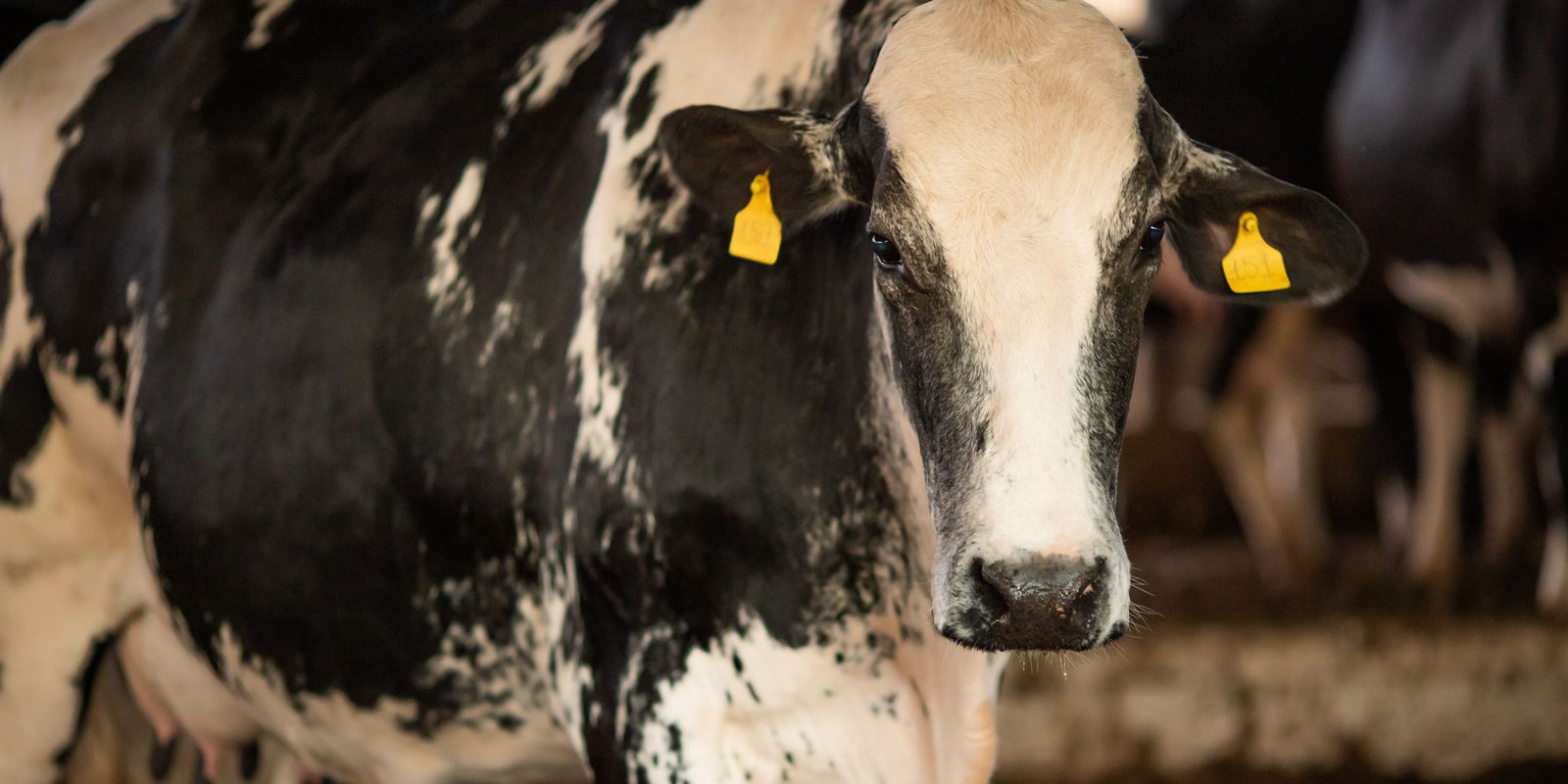The Ministry of Agriculture and Livestock (Mapa) confirmed this Thursday (2) that the case of mad cow disease discovered in Pará this is an atypical case, that is, without risk of transmission. This possibility was already given as real by the ministry, which only waited for the results of the exams to confirm.
The procedures for informing the World Organization for Animal Health (WHOA) and the Chinese authorities have already been initiated by the Brazilian government. In the last week, Brazil had export suspended of beef to China after the confirmation of the case. The suspension followed the health protocol between the two countries and sales will resume.
The atypical form of bovine spongiform encephalitis occurs in older animals, spontaneously by nature, rather than classically transmitted by ingestion of contaminated feed.
“Since this is an atypical case, that is, it occurred due to natural causes in a single 9-year-old animal and with all sanitary measures promptly adopted, the Ministry of Agriculture and Livestock is immediately adopting the measures, in accordance with the protocols sanitary facilities, so that exports of Brazilian beef are re-established as soon as possible”, said Mapa, in a note.
Until today, Brazil has not registered classic cases of mad cow, caused by the ingestion of contaminated meat and pieces of bone. Caused by a prion, a protein molecule with no genetic code, mad cow disease is a degenerative disease. The modified proteins consume the animal’s brain, making it comparable to a sponge. Hence its scientific name, bovine spongiform encephalitis.
















